More and more companies are implementing sustainable business practices, from sourcing responsible materials, reducing carbon emissions, measuring and reporting on ESG performance, to developing and rolling out new and improved business processes which promote diversity, equity and inclusion (DEI) practices.
In this ever-changing world, there are three things that resilient and responsible businesses consistently do:
- Invest in learning, development, and technology
- Prepare plans and establish, track, and report the right metrics
- Implement sustainable business practices to improve the health of their workers, the community, and the world at large
But how does your company ensure it can do those things consistently, and how can you play a role in helping them maintain ESG maturity and business resilience? Watch the on-demand sessions to find out.
View the On-demand Sessions!
Conference Agenda
9:00 a.m. to 10:00 a.m. Eastern
Panel Discussion: Green Chemistry and How it Fits into ESG
Moderator: Rachel Ripley, Product Manager, VelocityEHS
Panelists: Lyn Ip, Senior Solutions Strategist, Julian Moffatt, Solution Executive, and Marc Juaire, Solution Executive, VelocityEHS
As ESG grows in prominence and more organizations adopt ESG principles and apply them to their business practices and operations, Green Chemistry & Product Stewardship have emerged as exciting new avenues within ESG that many companies are focused on. Green Chemistry is the design of chemical products and processes to reduce or eliminate the use and generation of hazardous substances. More simply put, Green Chemistry removes the hazard at the source, and enables better life-cycle management of chemical products, including their design, manufacture, use, and ultimate disposal.

During this session you will learn:
- how and why Green Chemistry fits into a company’s ESG strategy.
- the value a Green Chemistry strategy provides an organization.
- processes an organization can deploy to begin their journey in adopting Green Chemistry principles.
- how Green Chemistry can help build ESG & EHS maturity for your organization.
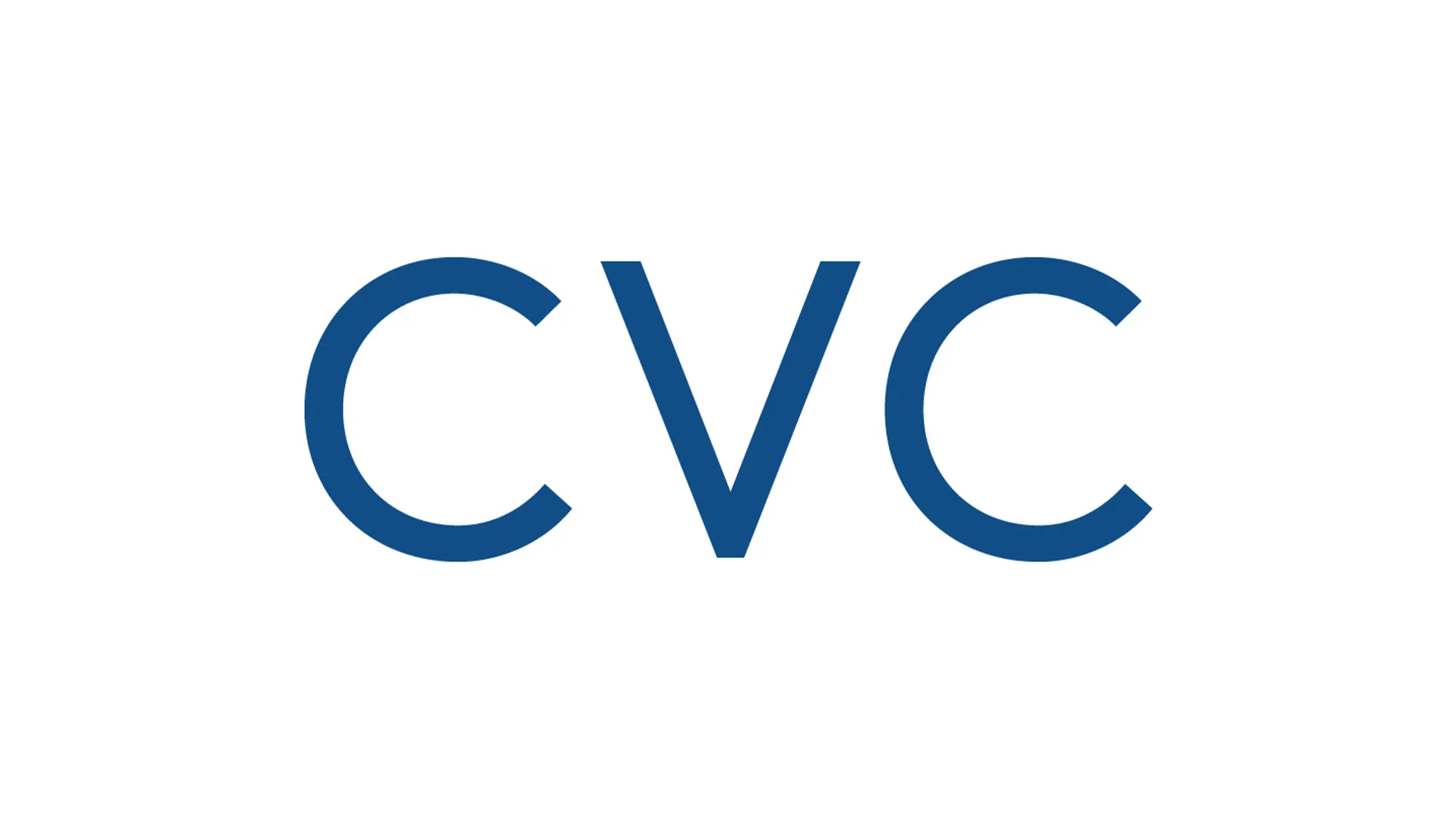
10:15 a.m. to 11:15 a.m. Eastern
How to Make ESG Data Investor-Grade? A Conversation with CVC Capital Partners
Moderator: Roger Bottum, Senior Vice President of Product, VelocityEHS
Speaker: Marco Bartholdy, ESG Manager, CVC
Many organizations have long-heard how investors are using ESG data to guide their investment decisions. Companies that adopt ESG principles are shown to have reduced rates of risk and higher returns. But showcasing that data isn’t as simple as providing a financial statement to highlight revenue growth. Tight data controls to ensure ESG data is verifiable and valid are required for any organization that reports their climate disclosures to either investors or government bodies.
This session breaks down the complexities of ESG reporting to help you better understand why ESG data needs to be verifiable and how you can ensure its validity.
Attendees will learn:
- the history of investor-grade data. The challenges organizations have overcome, and the role financial institutions have played in shaping that history.
- how to use reporting software to produce investor-grade reporting.
- the impacts SEC disclosure requirements and CSRD have in shaping ESG reporting.
- the risks organizations face if ESG data is not reported accurately.
11:30 a.m. to 12:15 p.m. Eastern
Ensuring Future-Ready ESG Software Implementations
Moderator: Melissa McCaffrey, Senior Director of Marketing, VelocityEHS
Speakers: Shannon Wegesser, Associate Vice President, WSP, Daniel Sakrisson, Senior Vice President, WSP
By following best practices, ensuring thorough preparation, addressing common issues, and monitoring success markers, organizations can provide a seamless and effective transition to ESG software solutions, ultimately contributing to a more sustainable future and building a more resilient organization that is future-ready.
As organizations look to build resilience and contribute to a more sustainable future, they may come across the term “future-ready,” but what does that mean?

In this session you will learn:
- how to prepare for a digital project and what to expect.
- what it means to be future-ready.
- strategies for implementation.
- common challenges and best practices.
- markers of a successful implementation.

12:30 p.m. to 1:30 p.m. Eastern
Mastering Scope 3 Greenhouse Gas Disclosures: Value Chain
Moderator: Phil Molé, EHS & ESG Expert, VelocityEHS
Speakers: David Staples, Senior Solutions Strategist – ESG, Julian Moffatt, Solution Executive, VelocityEHS
Companies that understand the relevance of Environmental, Social and Governance (ESG) to today’s business world recognize that identification and tracking of greenhouse gas (GHG) emissions are essential to evaluating their performance and meeting the expectations of stakeholders. Even so, Scope 3 GHG emissions as defined by the Greenhouse Gas Protocol are especially challenging to quantify and disclose, because they are indirect emissions from sources outside the direct control of the company (supply chain): GHGs in Category 1 (purchased goods and services); and Category 2 (capital goods) of Scope 3.
The stakes have never been higher, because global stakeholders and investors increasingly demand that companies improve their tracking of Scope 3 GHGs. In addition, standards such as the Corporate Sustainability Reporting Directive (CSRD), European Financial Reporting Advisory Group (EFRAG) Climate Change standard (E1) in the EU and the proposed Securities and Exchange Commission (SEC) disclosure rule in the US create mandatory Scope 3 GHG reporting obligations for many companies.
In this 60-minute presentation, VelocityEHS experts explain how you can tracking your GHG emissions to better meet stakeholder expectations.
This presentation will include:
- a look at the GHG Protocol and its two widely used accounting standards for GHG tracking, especially its Scope 3 (Corporate Value Chains).
- how to use emission factors and technological tools to complete a Scope 3 GHG evaluation.
- how modern ESG software can simplify the collection, tracking, and reporting of Scope 3 GHGs across your entire value chain.
- how to use better information about your Scope 3 GHGs to inform your ESG strategies.
- and more!
1:45 p.m. to 2:30 p.m. Eastern
The Corporate Sustainability Reporting Directive (CSRD) and European Financial Reporting Advisory Group (EFRAG) Standards: What Do They Mean to You?
Moderator: Roger Bottum, Senior Vice President of Product, VelocityEHS
Panelists: Phil Molé, EHS & ESG Expert, and David Staples, Senior Solutions Strategist – ESG, VelocityEHS
In late 2022, the EU voted to adopt the CSRD first proposed in 2021, while in the same timeframe voted to finalize the first batch of ESG standards developed by EFRAG under the CSRD. Taken together, these developments mean that approximately 50,000 EU companies that have not previously needed to make ESG disclosures will now need to provide them, with requirements for some of the biggest companies coming into force in January 2024.
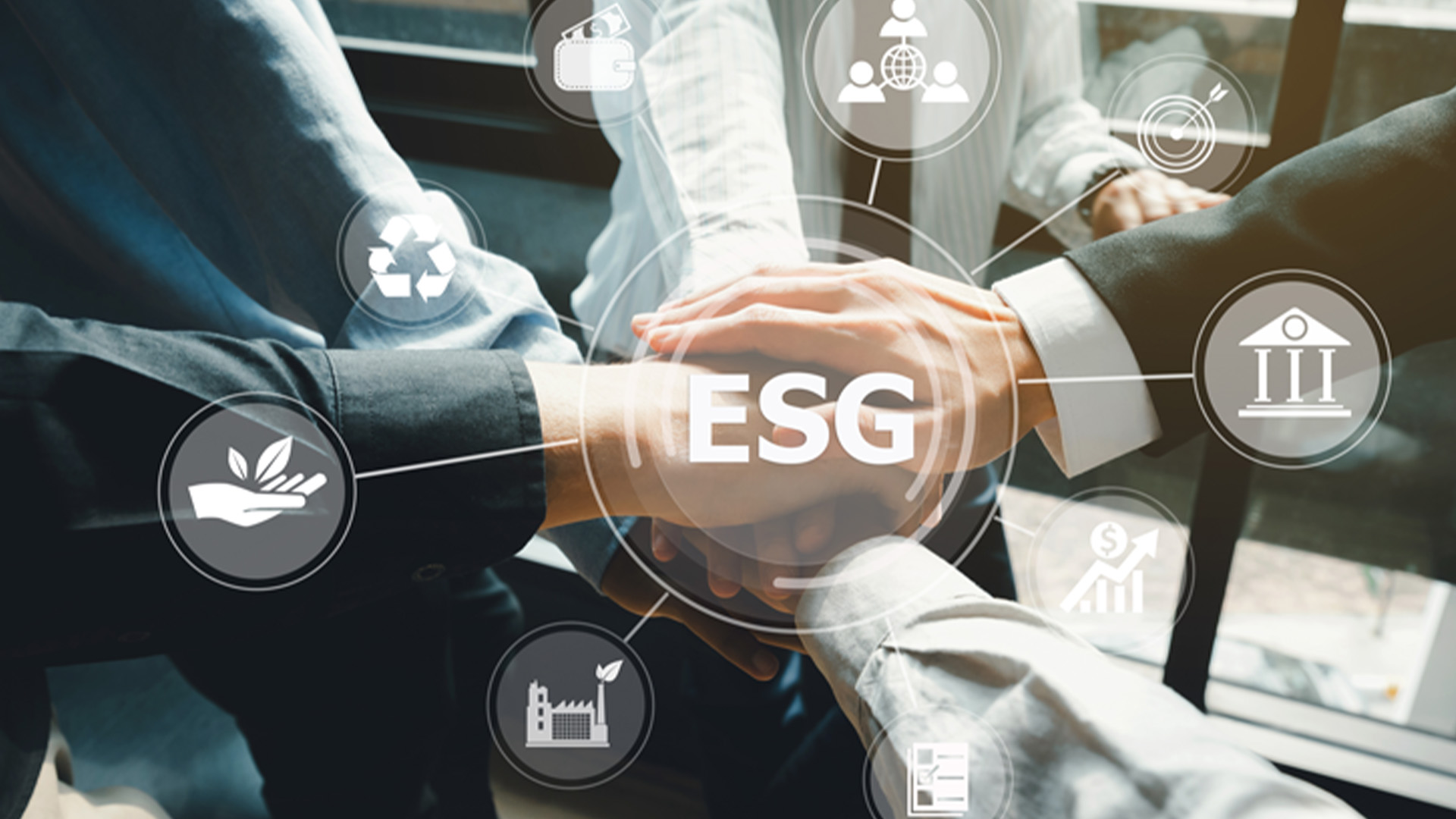
But it’s not just EU companies that need to be thinking about the CSRD and the EFRAG standards. Some companies outside the EU that conduct a certain threshold of business in the EU will also need to make disclosures. In addition, global stakeholder support for the EFRAG standards will create expectations that more businesses will make similar disclosures, no matter where they’re located.
If you’re an EHS leader looking to expand your understanding of ESG, or a company leader trying to promote better understanding of the impacts of the CSRD and EFRAG standards on your business, this is the presentation that you and your team need to attend.
During this 45-minute roundtable discussion, you’ll learn:
- the background of the CSRD and EFRAG ESG standards.
- an overview of the EFRAG standards, their requirements, and the areas of ESG they address.
- broad takeaways about what the EFRAG standards mean for you depending on your business and its location, and what the standards tell us about global stakeholder expectations about the aspects of ESG businesses need to address.
- best practices for pivoting your EHS management system toward ESG based on insights from the EFRAG standards, including the ways that ESG software can help.
Meet the Speakers
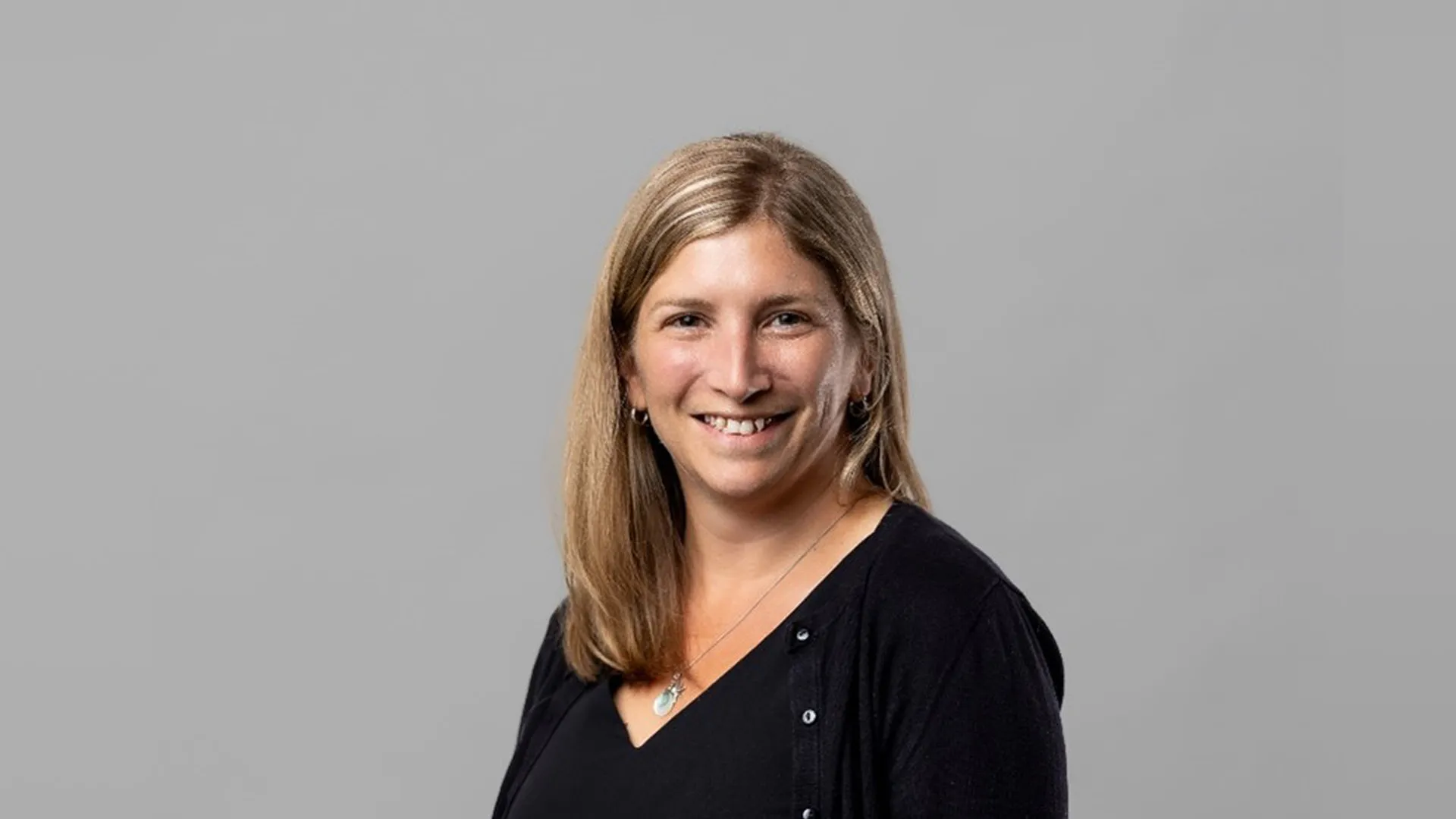
Rachel Ripley
Product Manager, VelocityEHS
Rachel Ripley combines her experience in sustainability and environmental compliance to make workplaces safer and more sustainable. Rachel has a bachelor’s in business administration from Keene State University and is working on her Masters in Sustainability & Environmental Compliance from Southern New Hampshire University. She is Pragmatic Product Manager certified.

Lyn Ip
Senior Solutions Strategist, VelocityEHS
Lyn Ip brings extensive knowledge of product stewardship, supply chain and green chemistry to the VelocityEHS product team. Lyn received a Bachelor of Science in Environmental Engineering from the University of Toronto, Canada and a Master of Science in Environmental Management from the University of Hong Kong.

Julian Moffatt
Solution Executive, VelocityEHS
Julian Moffatt contributes his expertise in ESG product creation for VelocityEHS. He also oversees the VelocityEHS ESG team. Julian studied Environmental Resource Studies at the University of Waterloo in Waterloo, Ontario.
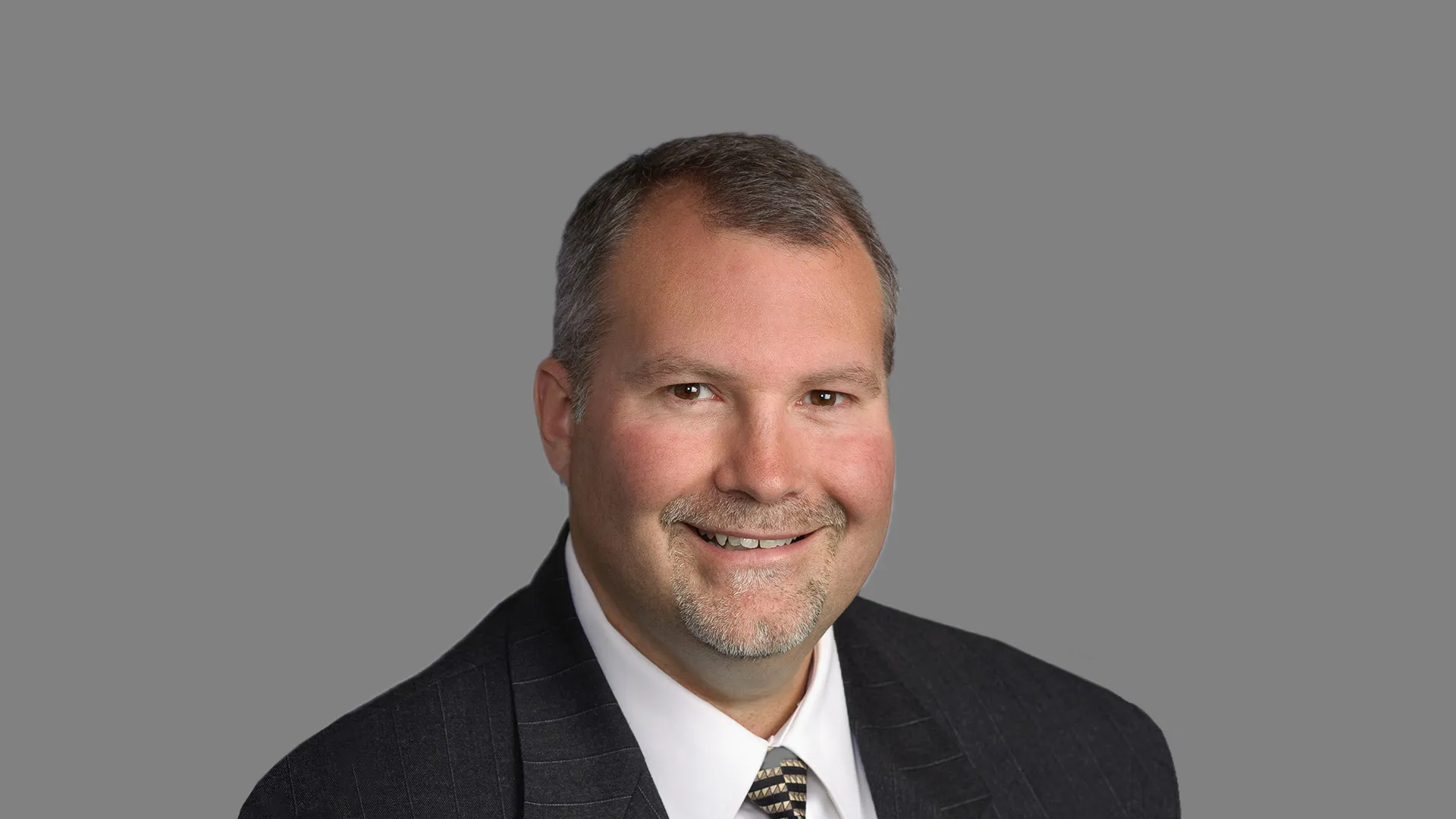
Marc Juaire, CPSA
Solution Executive, VelocityEHS
Marc Juaire combines his EHS, Operational Risk, and ESG experience to define vision and strategy to deliver best-in-class solutions and making workplaces safer and more sustainable. He has twenty-eight years of experience as an EHS and ESG professional. Marc has a Bachelor of Science degree in Chemical Engineering from the University of Minnesota and an MBA from Carlson School of Management. He is a Certified Process Safety Auditor with the Institute of Internal Auditors.
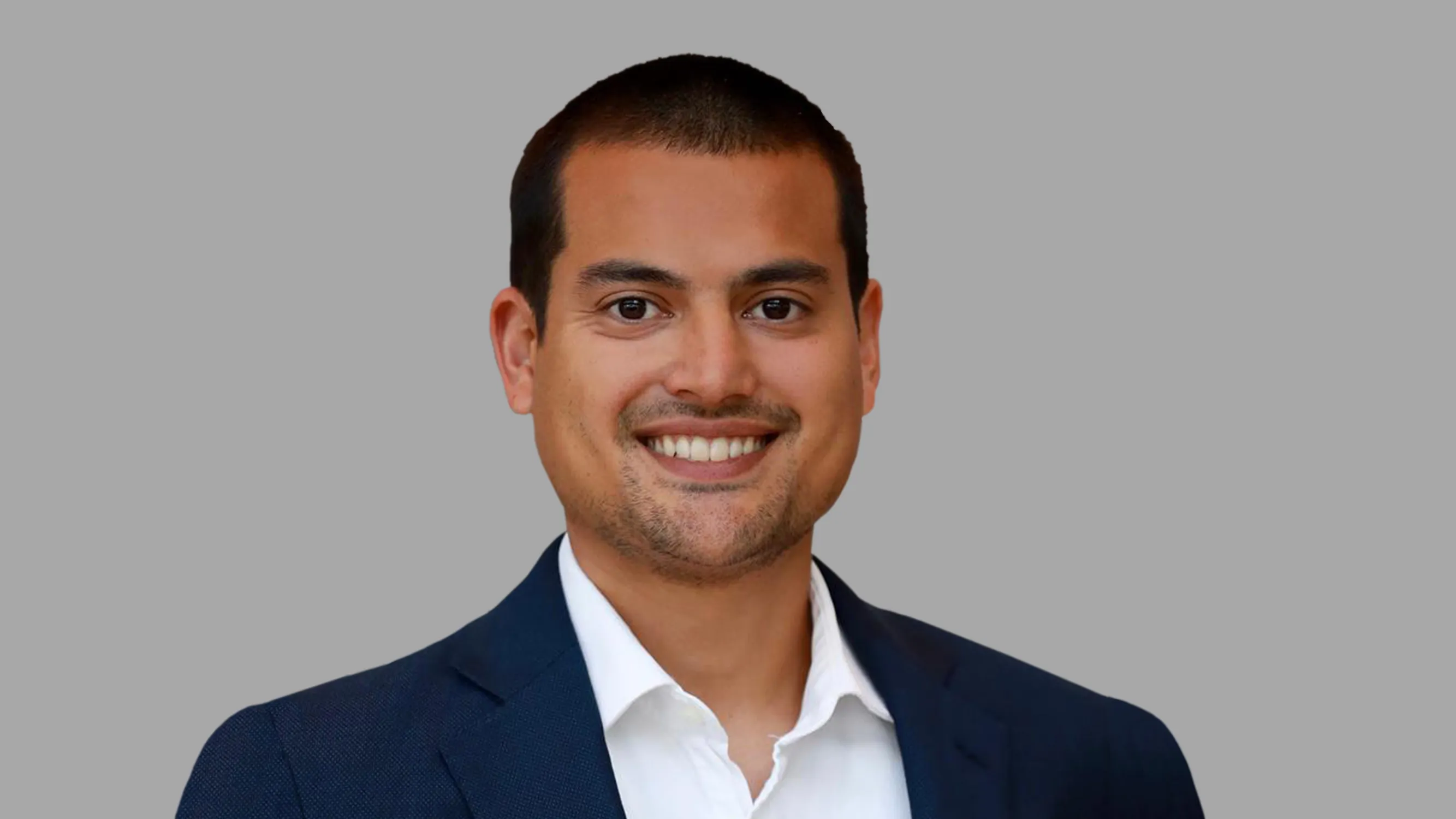
Marco Bartholdy
ESG Manager, CVC
Marco Bartholdy specializes in integrating ESG into the investment process through due diligence, holding and exit. Marco has worked in the sustainability sector for more than a decade including at leading organizations such as EY, ERM, CARE International, and the Inter-American Development Bank with a primary focus on supporting private equity investors and private equity-backed companies. Marco has a Master’s degree in International Development Management from the London School of Economics (LSE) and a Certificate in Sustainable Finance from Cambridge University.
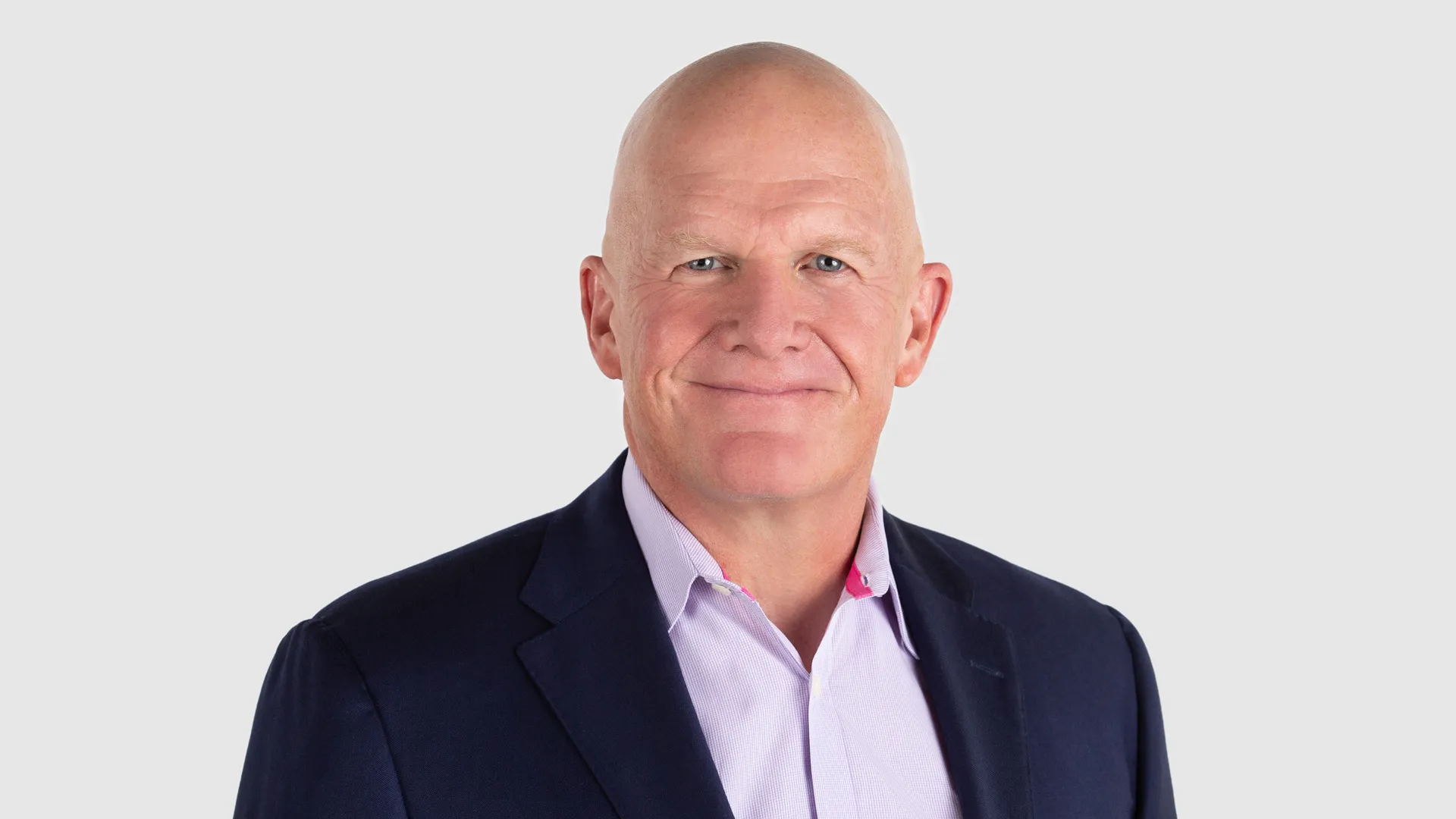
Roger Bottum
Senior Vice President of Product, VelocityEHS
Roger Bottum leads product strategy, product planning and market intelligence for VelocityEHS. He has decades of experience in risk management software and in enterprise SaaS software. Roger holds a Bachelor of Arts in Political Economics from Colorado College and attended the Kellogg School of Business.
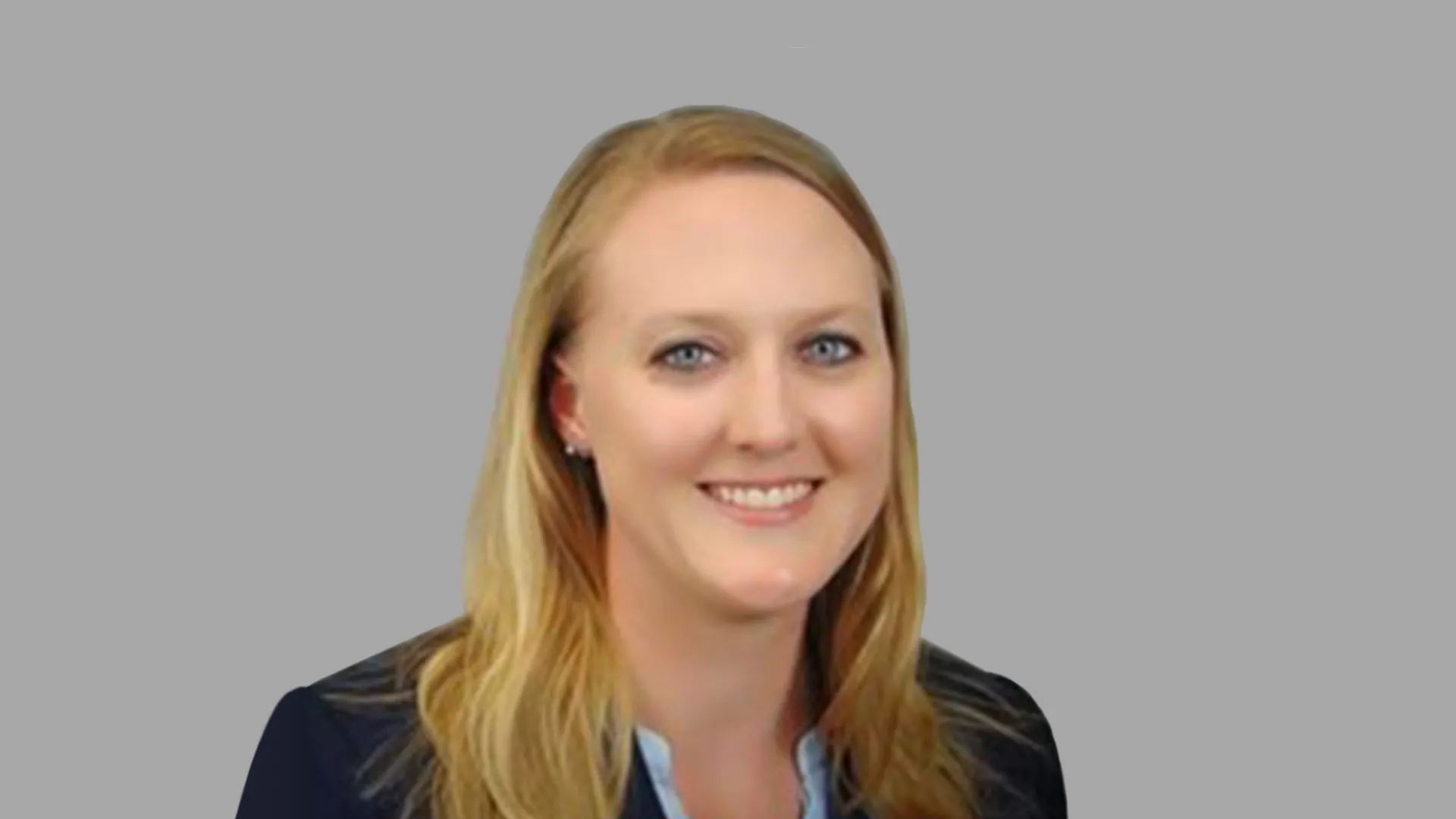
Shannon Wegesser
Associate Vice President, WSP
Shannon has experience leading and delivering Environmental, Health and Safety solutions for clients across multiple sectors and platforms, specializing in the air domain. Her previous experience in Environmental Compliance and Reporting aids in her communication and understanding of client business requirements and regulatory drivers.
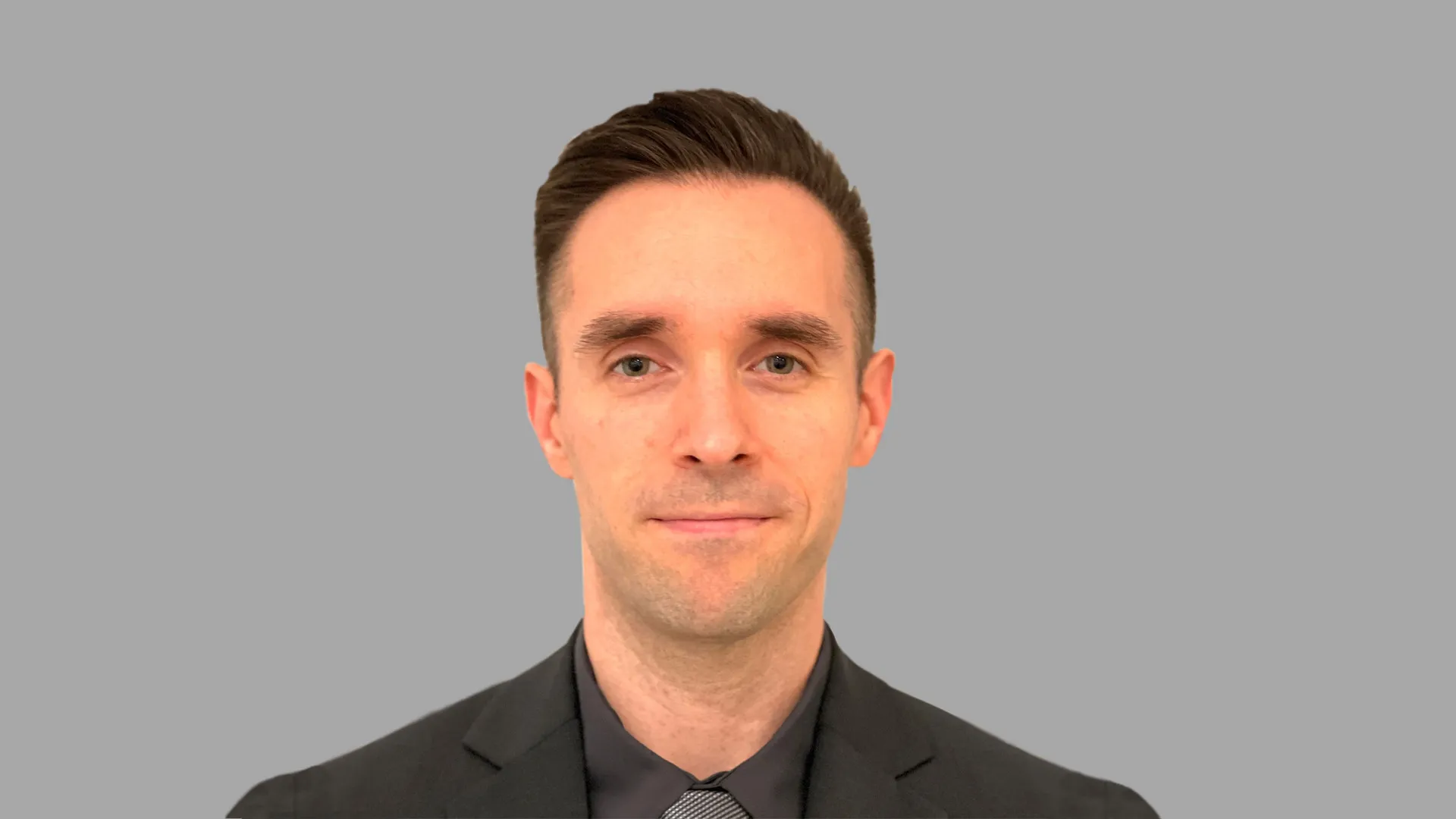
Daniel Sakrisson
Senior Vice President, WSP
Daniel began his career as an EHS field consultant focusing on field safety, environmental sampling, auditing, and regulatory data collection. With his extensive real world experience, he grew into advising clients on how to automate data collection within software systems and digital transformation. At WSP, he leads the global service line that implements EHS/ESG software, overseeing hundreds of projects across various industries worldwide. His experience and insights play a crucial role in helping clients enhance their operations and meet regulatory requirements.
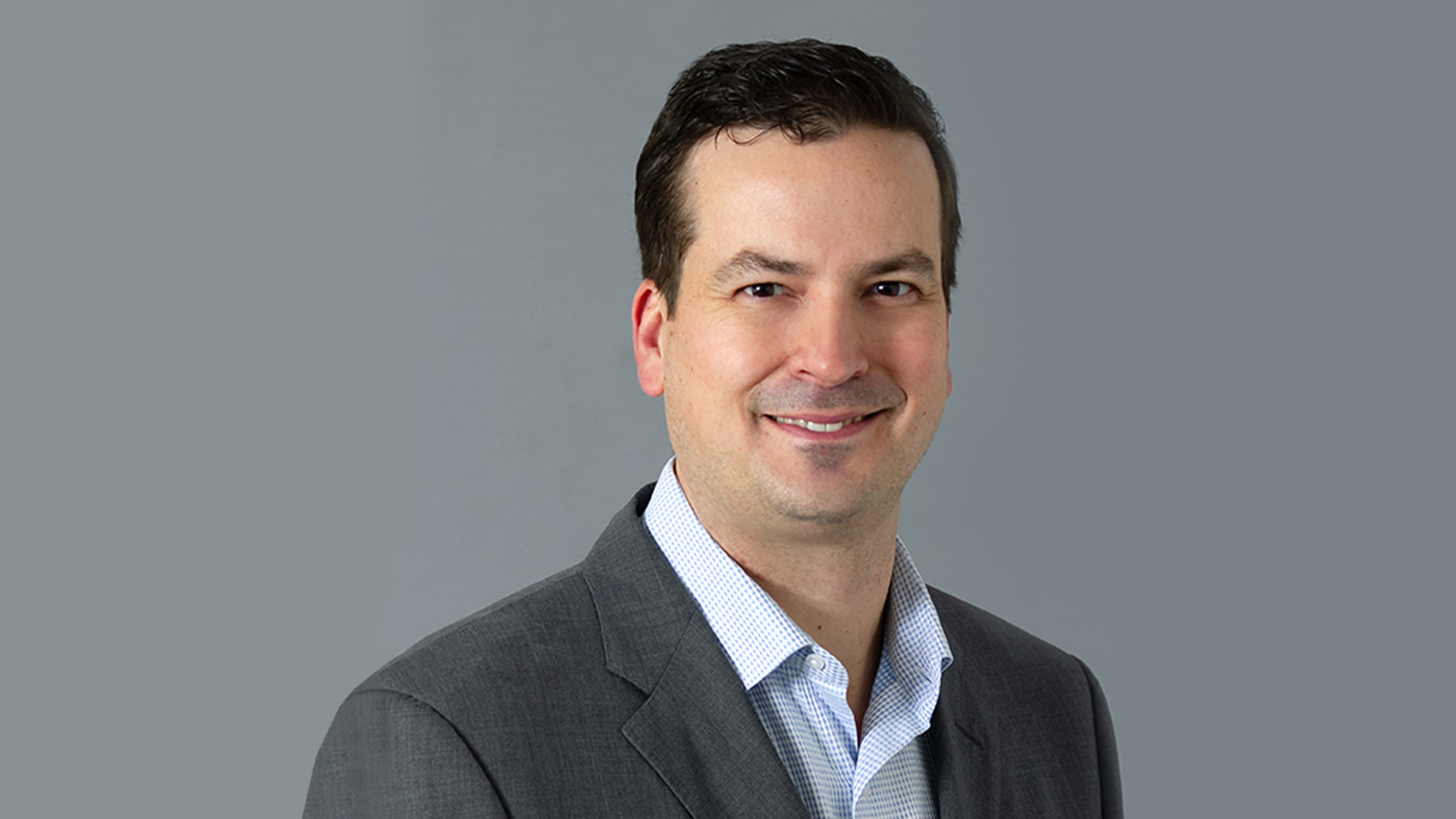
David Staples
Senior Solutions Strategist – ESG, VelocityEHS
David Staples has over a decade of experience selling, implementing, and building EHS and ESG software solutions. David received a Bachelor of Business Administration from Wilfrid Laurier University in Waterloo, Ontario, and a Master of Arts in Sustainability Management from Curtin University in Australia.
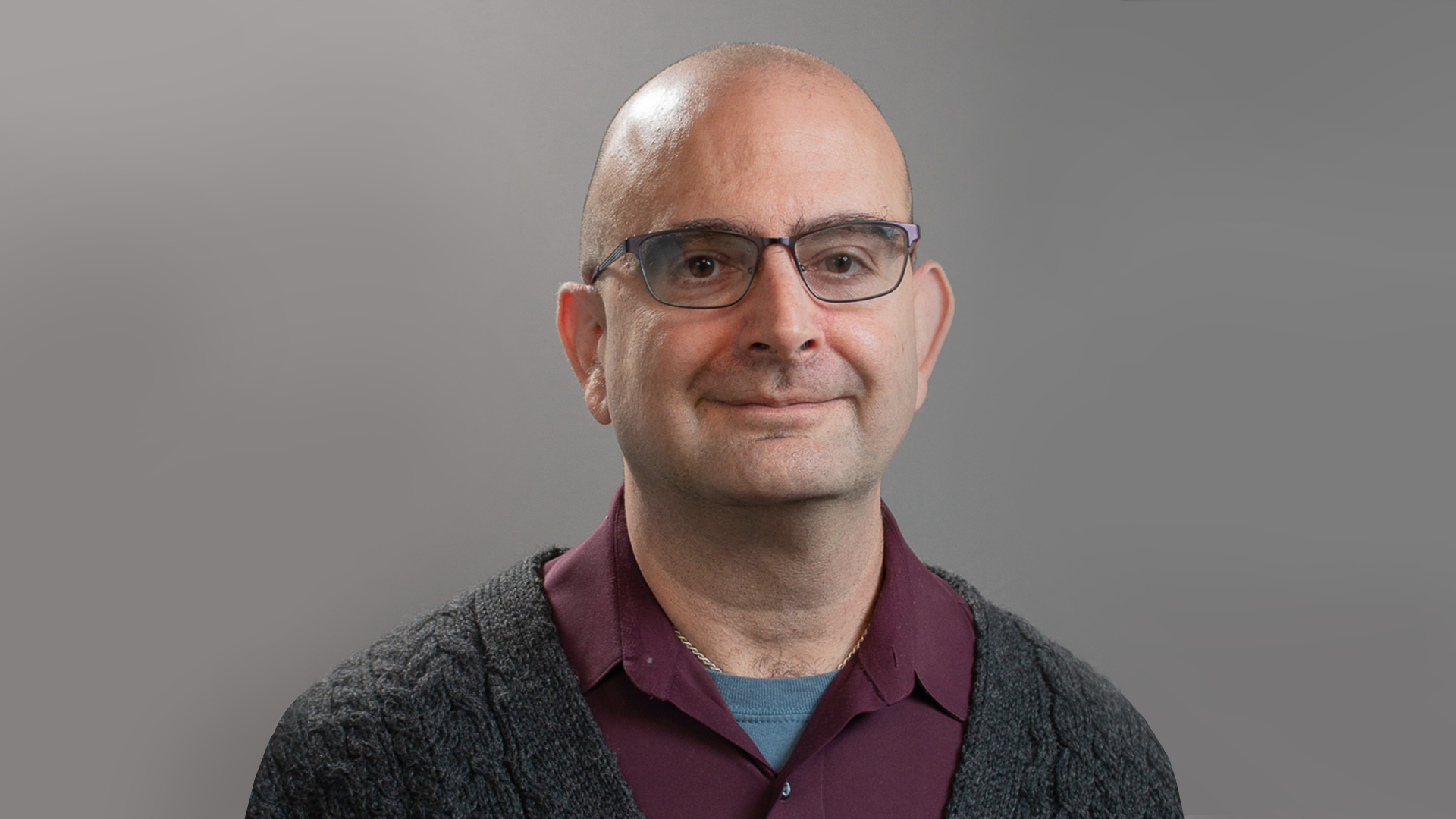
Phil Molé, MPH
EHS & ESG Expert, VelocityEHS
Phil Molé speaks at numerous conferences and organizations, and often presents webinars on EHS/ESG topics. Phil has received a Bachelor of Science degree in Chemistry from DePaul University in Chicago, Illinois, and a Master’s in Public Health in Environmental Health Sciences from UIC in Chicago, Illinois.
